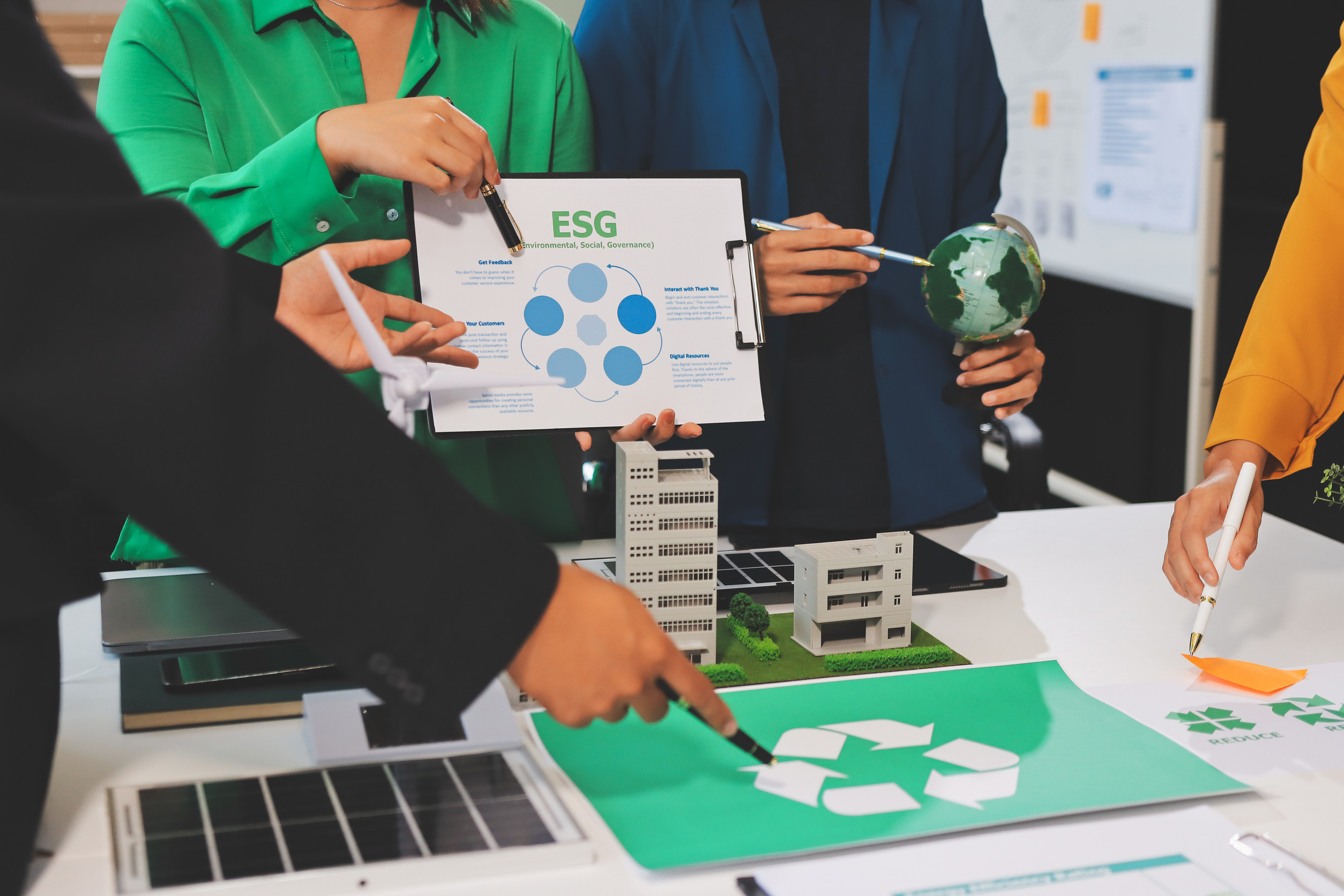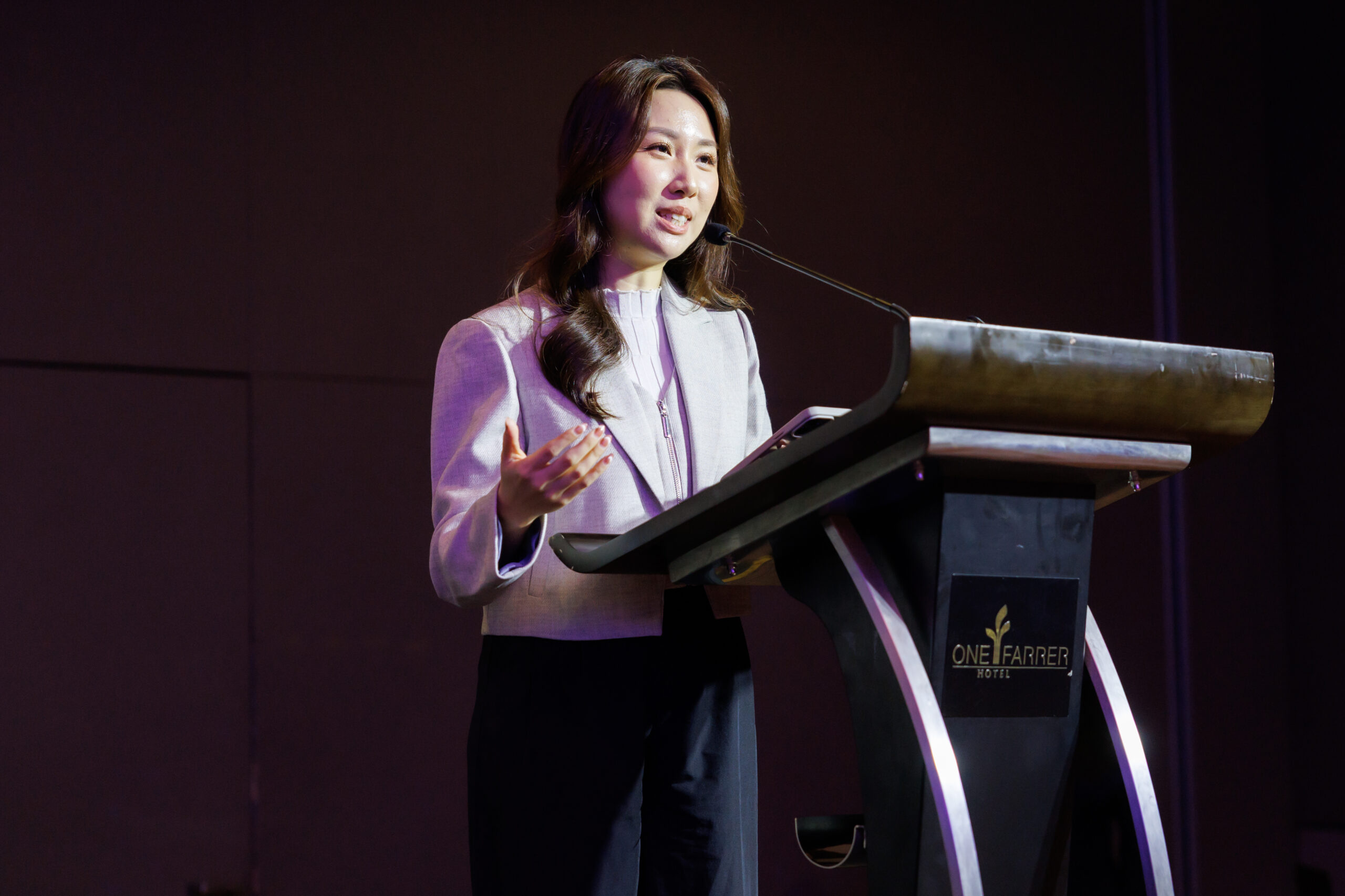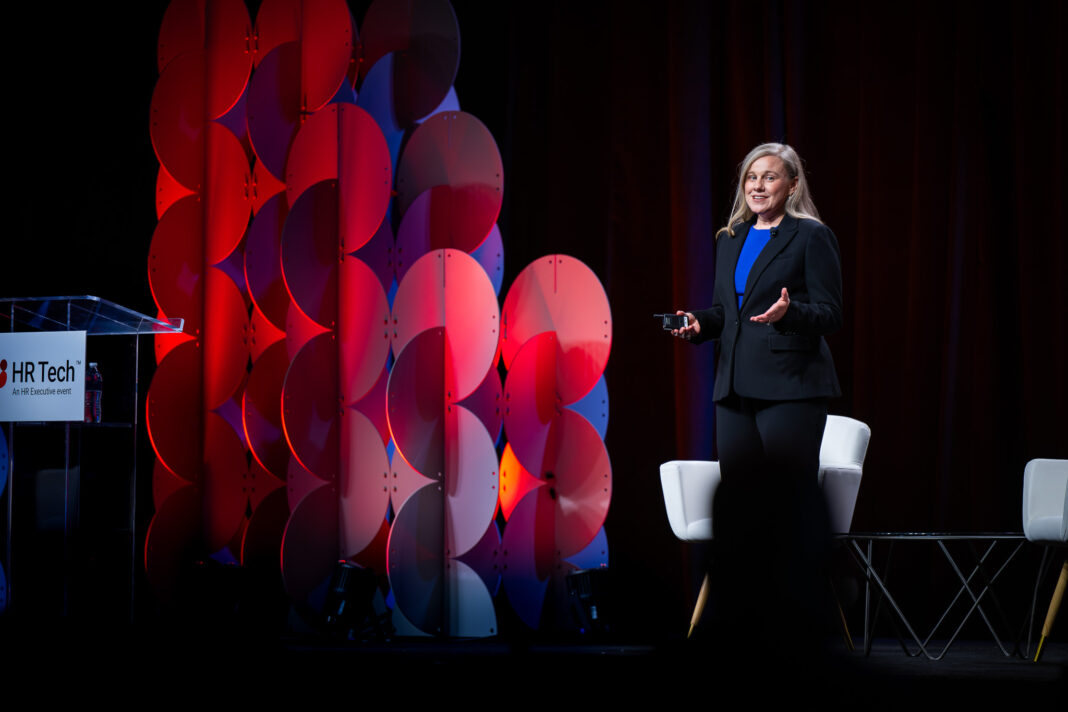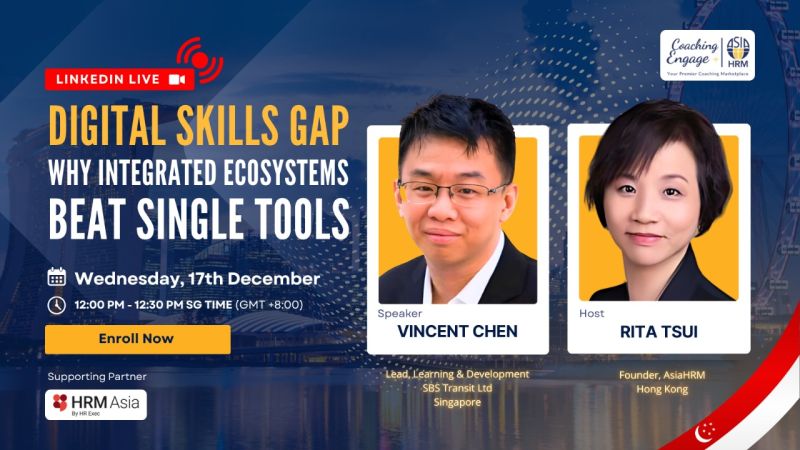Sustainability as a talent tool? Make it genuine, these CHROs say
- HRM Asia Newsroom
- Topics: ESG, Features, Home Page - Features, Talent Management

The national discourse on environmental issues is both changing and conflicting: The political landscape ushered in by the new Trump administration has deemphasised investment in and attention to environmental issues; yet, the effects of climate change continue to intensify. This ongoing uncertainty is thrusting some employers into the spotlight as potential drivers of sustainability success.
It is an investment most employees want to see: In 2023, Deloitte found that nearly 70% of employees in the US want their organisations to back sustainability efforts, a figure that is even higher among younger employees. Nearly half said an organisation’s investment—or lack of—in sustainability would factor in their decision to accept a job at that organisation.
For organisations looking to deepen their sustainability work—and potentially capture talent wins from it—what does HR need to focus on?
Sustainability and talent success: Three critical lessons
HR executives at three leading organisations—jewellery maker Pandora, furniture retailer IKEA and Bloom Energy, a manufacturer of on-site power generators—discuss how their work to advance sustainability is contributing to long-term talent success.
Ensure it’s authentic
Sustainability is a core tenet of Pandora’s business strategy, says Chief HR Officer Byron Clayton. The organisation’s tangible goals—and accomplishments—bear that out: Last year, the organisation beat its goal of using 100% recycled silver and gold materials by 2025, a strategy that saves more than 58,000 tons in carbon emissions annually.
Pandora aims to hit net-zero emissions by 2040 and reduce greenhouse gas emissions by 50% by 2030, compared to when it set that goal in 2019.
The organisation evaluates—and reports on—its carbon footprint and climate-related risks annually. Pandora also has a number of sustainability-based loans through which financing is tied to the organisation meeting its sustainability goals.
“[Investment in sustainability is] really ingrained and permeates through the whole organisation,” Clayton says.
That includes the talent strategy, with Clayton also overseeing the sustainability and communications divisions. Customers and employees alike, he says—and not only from younger generations—are “super-interested” in Pandora’s sustainability story.
“How do we think about the environment, the world, the community and how we contribute?” he says. “It’s something we’re weaving more and more into our employee value proposition.”
For sustainability work to have the most impact on talent strategy, he says, the commitment must be both broad and authentic. HR has partnered with leaders across the enterprise—marketing, commercial, production, logistics—to align their respective work to advance sustainability.
“It’s the whole organisation, and it starts from the top and the fact that we have a CEO who believes in this and a board who supports it,” Clayton says. “This isn’t about greenwashing. These are really hard facts in terms of what Pandora says and what Pandora does.”
Centre your values
At this spring’s HR Tech Europe, Therése Götsten, Global People and Culture Digital Manager at INGKA Group, the parent of IKEA, shared how the global retailer, long known for its approach to eco-friendliness, approaches the interplay of talent and sustainability strategies.
“IKEA is a very purposeful business,” she said. By that, she means IKEA’s business strategy is structured to answer some very intentional questions, which are motivated by the company’s embrace of “humanistic values.”
READ MORE: Beyond traditional HR: Tetra Pak’s integrated strategy for people, sustainability, and innovation
IKEA encourages leaders to think outside the box, to pursue innovation by questioning how every decision will impact people and the planet, wondering about things like: “What if we could make furniture out of waste? What if we could plant more trees than we use? What if we turn the tables on food and make meatballs without meat?” Götsten said.
Too often, organisations view success through a “customer-centric” lens—but that aperture needs to expand, especially in the “current political landscape,” she said.
“We need companies to create value for people and the planet at large,” she said. “I’m not saying that it’s easy. I think those important things are seldom easy to do; no one can do everything, but everyone can do something, especially together.”
Prioritise purpose
Sustainability is a natural part of how Bloom Energy operates, says Sonja Wilkerson, Chief People Officer. Bloom Energy’s proprietary Energy Server uses solid oxide fuel cell technology to generate clean electricity without combustion. The company’s customers include AI data centres, as well as a range of commercial and industrial clients.
“We are in the space of providing reliable, cost-effective and cleaner energy, so sustainability is who we are, what our employees come to us for,” she says.
Because of that, as the people function evaluates the impact of the organisation’s sustainability work on talent strategy, it doesn’t focus on that language. Instead, it leans into Bloom’s mission—and candidates’ and employees’ drive to “make a difference.”
“We don’t call it out and say, ‘We’re sustainable,’” she says. “Who we are as a company reinforces that need for sustainability. Our employees are very mission-driven.”
About the Author: Jen Colletta is Managing Editor at HR Executive, where this article was first published. HR Tech Editor Jill Barth also contributed to this article.






